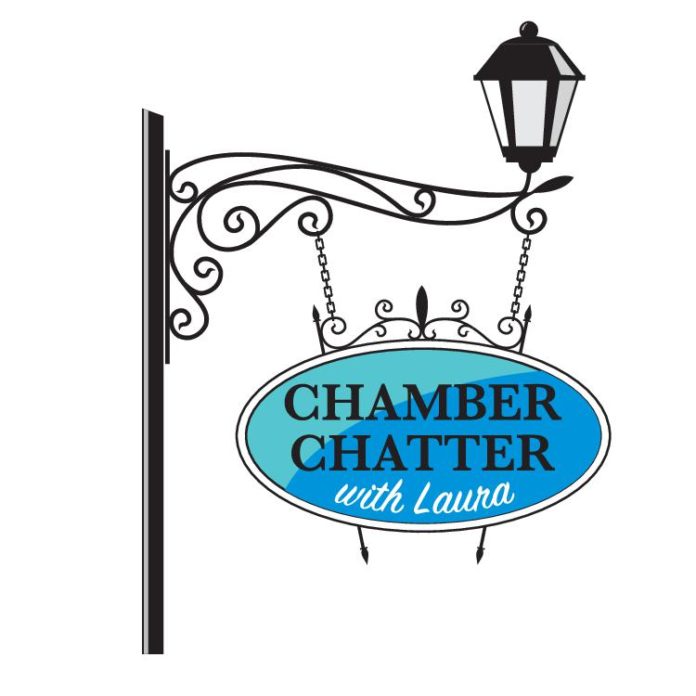By Christina R. Metcalf
If you were paying attention this week, you undoubtedly heard about the “gas crisis” where a cyberattack crippled a major pipeline. As if that wasn’t bad enough, consumers across the country panicked, running to the gas station to fill up whatever container they had, creating a gas shortage that was reminiscent of the toilet paper crisis of last year.
The media did its best to combat it by telling people in states like Florida, that its citizens were largely unaffected. However, few believed the reports and filled up anyway causing thousands of gas stations to run dry.
Trust Is a Valuable Commodity
According to the 2021 Edelman Trust Barometer, “A majority of respondents believe that government leaders (57 percent), business leaders (56 percent), and journalists (59 percent) are purposely trying to mislead people by saying things they know are false.”
Why should that matter to you?
This environment of distrust may (eventually) mean people are less likely to buy from you. If you do not establish the concepts of “know, like, and trust” with your audience, you may find sales and interest in your business diminishing.
So, what can you do?
Here are a few ideas.
Building Trust in a Post Pandemic World
These tips were written for a business that’s reputation is in the neutral position and may not apply if you are trying to recover from a public relations issue.
- Practice transparency. Let customers behind your curtain. They will enjoy the opportunity and by more trusting. If you have a vested interest in something, be honest and upfront about it. This also includes admitting when you mess up.
- Open the conversation up. Social media should never be a one-way announcement. Look for ways to ask questions and get people involved. Think about what business decisions you can crowdsource.
- Bring your customer service online. In 2021, how someone gets answers or help from you shouldn’t be on your terms. A phone number is only the beginning. Incorporate other avenues like chat, email, or text. If you’re on Twitter, help people through that platform as well. If someone has an issue or question, they should be able to get in touch with you through their preferred method of communication.
- Give them an expectation and exceed it. When someone has a question or is waiting on something like a delivery, “soon” doesn’t cut it. The technology exists these days for users to be able to pinpoint exactly where their items are on a map. The generic answer of “soon” as to when something will get to them or when they will hear an answer makes you look old-fashioned and uncaring. Instead, give them a time when you will get back to them. It is better to get back with them at that time and tell them you have nothing new to report than it is to tell them “soon,” and then they wait days to hear from you. Plus, the more communication you have with them, the less they will feel forgotten about. You want them to feel like their question, issue, or concern is on the top of your pile and consistent communication helps.
- Be honest with information/data use. 46 percent of people who left Facebook admitted they did so because they didn’t trust what the company was doing with their data, or they were concerned over privacy. Make sure you follow the proper opt-in procedures and are transparent about how you will use information collected. When I worked in politics, a senator added his mother to a doner list for the party but changed her middle initial. That way whenever he received unsolicited mail, he knew if it came from that list because of her mistaken initial. People pay more attention to privacy these days. Don’t give them a reason not to trust you.
Trust is hard to build but easy to destroy. Think about your interactions with businesses and what made you feel distrusting then do your best to be as open as possible with the people who want to do business with you.
Christina R. Metcalf (formerly Green) is a marketer who enjoys using the power of story and refuses to believe meaningful copy can be written by bots. She helps chamber and small business professionals find the right words when they don’t have the time or interest to do so.
Christina hates exclamation points and loves road trips. Say hi on Twitter or reach out on Facebook.
For more Chamber Chatter articles click here























